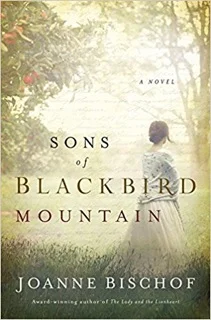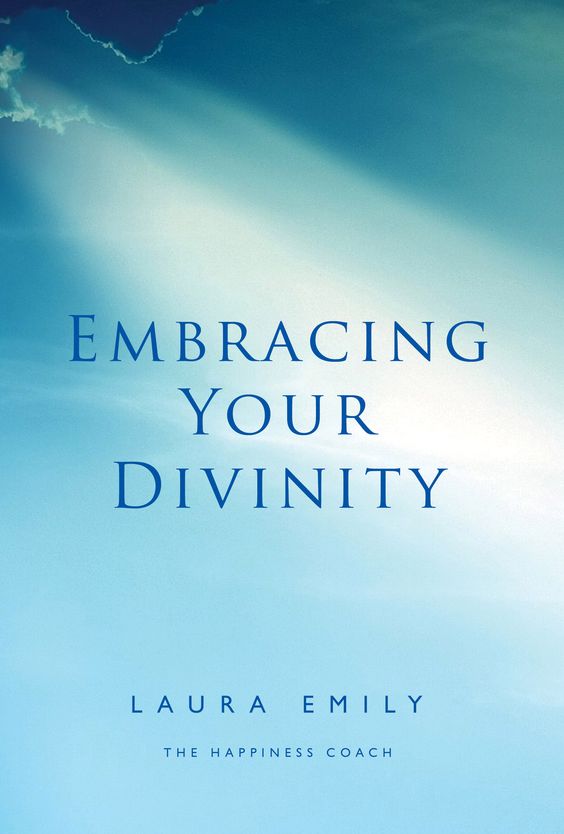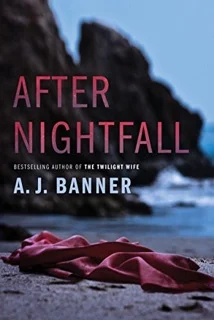Q & A with Joanne Bischof, author of Sons of Blackbird Mountain
/With the novel set post-Civil War, what aspects of the war play a role in the novel?
In Sons of Blackbird Mountain, everyone has been effected by the war on some way. Several of the older characters fought in the war, while others are now freedmen and women who once were slaves. It’s this generation that raised children and even grandchildren, with their mindset, passions and outlook, so it’s greatly affected the younger generations, including the “sons” in the story—the Norgaard brothers. They lease land from a former slave holder and have a freedwoman living with them who helped raise them from boyhood. Because of this, there is much at stake still and while The War Between the States is a bygone era, the tensions and beliefs that clashed during that time, are still alive and active in the novel.
What was it like writing a Deaf character?
It was an immense challenge, but one I really enjoyed. I found it quite a process to write from Thor’s point-of-view. For me, it went much farther than simply writing a man who couldn’t hear sound, or who communicated through Sign Language. His lack of hearing became the very makeup of who he is, beginning from childhood and into manhood. It effects nearly everything about him to the way he is around others, to the way he walks, and even some of his skills that he’s honed due to his Deafness. Skills that those around him even lack. It was quite an adventure writing Thor’s character and I’m so thankful that readers have enjoyed that aspect of the story so much!
Why is the word Deaf capitalized in the novel?
It’s my understanding that by capitalizing Deaf, it refers to someone who was born Deaf, while the lowercase deaf represents hearing loss. Because Thor was born Deaf, I decided to use this spelling throughout the novel as well as in my use of the word to pay homage to this.
Do you have a favorite scene in the novel?
It’s so hard to choose so I’ll share one fun scene and one romantic one. The fun scene has to be the pie eating scene I the kitchen. Readers have harkened the story to having a “Seven Brides for Seven Brothers” kind of feel and that one is probably one that harkens most to the aspect of a woman living aside men who don’t quite follow the rules of convention!
The romantic one would have to be the moment when Thor has gone through his great trial—one involving alcohol and his desire and hard work, to overcome it. Because of how challenging it was for him, and because of his lack of hearing, the scene when Aven kneels beside his bed and runs her finger against this knuckles as her first “hello” after a full week apart, always seems to bring a tear to my eye. It’s such a simple gesture but to both her and Thor, was so significant to the newness that had come due to his efforts of detoxing and that he was doing the hard work to ensure her safety.
What might readers expect in the coming sequel, Daughters of Northern Shores?
There’s more to come for the Norgaard family and it’s been a joy to see readers so excited about this! People often ask me if Haakon, the youngest of the Norgaard men, is going to have his story told. While he wasn’t one of the main POV characters in Sons of Blackbird Mountain, he just about stole the show as far as the plot went…which is very fitting to his personality! The second novel will not only have the other characters involved, including Thor and Aven’s points-of-view again, but Haakon will be a steady thread throughout. To such a degree that my editor and I, as well as a few early readers, have come to know this book as Haakon’s story. He’s a headstrong man and has quite a complicated past, so it made this novel one of the most challenging – yet rewarding – that I’ve ever written.





















































